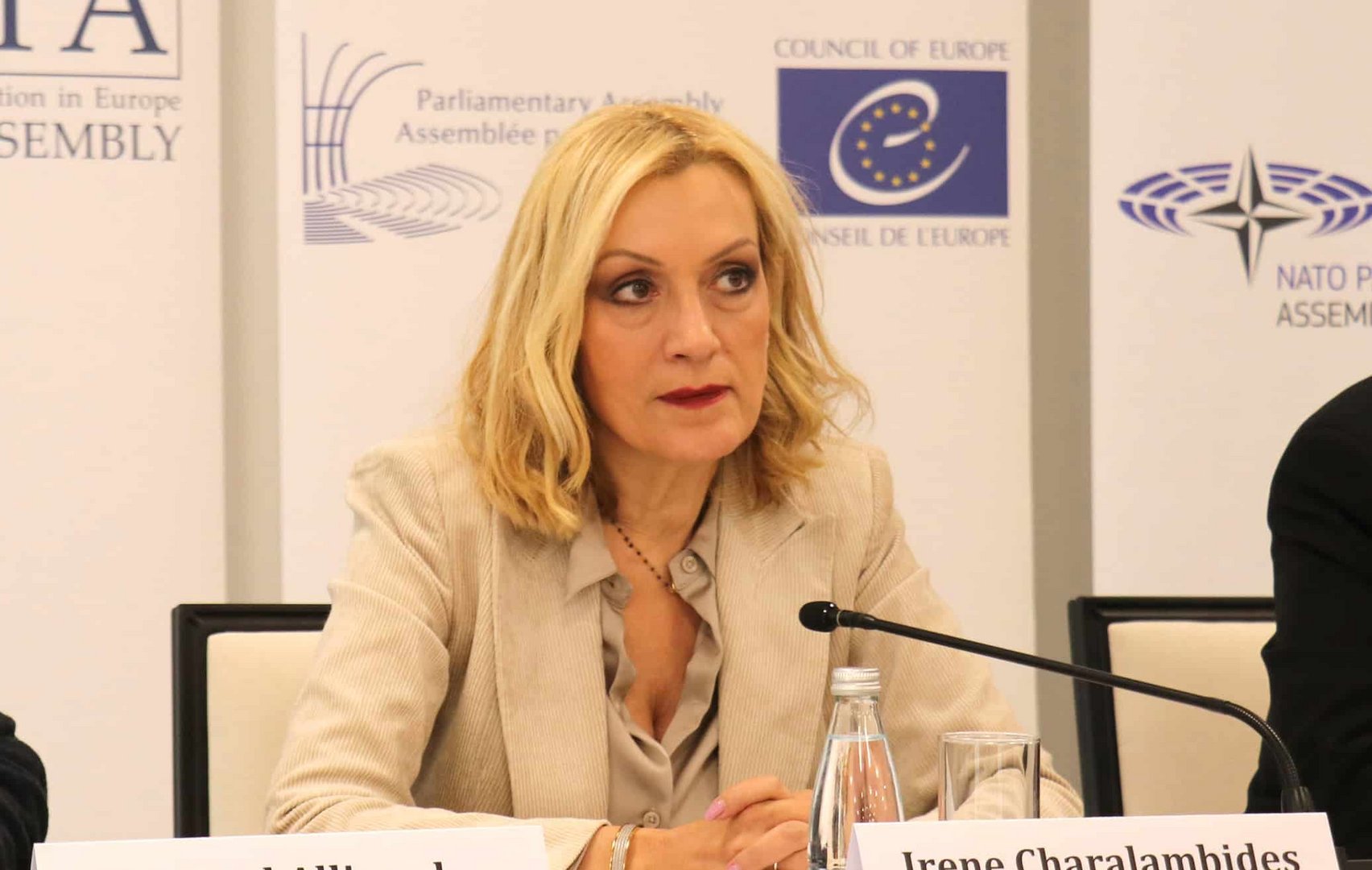It is astonishing that our deputies and politicians are unable to grasp the big difference between a presidential and parliamentary system of government. These are lawmakers who should have a deeper understanding of the law and the constitution than the average person. They have always been part of this system of government, so it is even more puzzling that they often think they are operating in a parliamentary democracy.
Working under this illusion, last year, seven deputies prepared a bill which would oblige ministers and independent state officials to appear before House committees, when asked to do so, submit documents and answer questions. The bill, which was discussed at the House legal affairs committee on Wednesday, aims to make government ministers accountable to legislators, something that does not happen in a presidential democracy.
Attorney-General George Savvides attended Wednesday’s meeting – although he made it clear he had no obligation to do so – and told deputies that inviting ministers and independent state officials to the legislature as part of the exercise of parliamentary control was a violation of the constitution and the separation of powers. Savvides quoted the legal opinion of a former AG, who has said the legislature “cannot request the production of documents for the purpose of exercising control, except in the context of its legislative activity.”
This was a statement of the obvious, that anyone with a basic understanding of politics should have grasped. Akel deputy Irini Charalambidou who thought up the bill refused to accept this legal argument, resorting to demagoguery. Preventing the legislature exercising control over the executive was troubling, she said, and this almost made the role of the legislature ornamental in political life. In other words, the constitution should be ignored, and the separation of powers scrapped so that ministers would become accountable to the legislature, because this is what Charalambidou and four Diko deputies want.
In fairness, the deputies are following the political trend of mixing the presidential and parliamentary systems. For the ten years Nicos Anastasiades was president, Disy routinely referred to itself as the ‘ruling party,’ even though, strictly speaking, it was not. Ruling parties exist in the parliamentary system only, in which ministers and the prime minister are answerable to parliament.
Even the practice of the speaker of the House taking the role of acting president of the Republic when the president is abroad, is constitutionally questionable. This, presumably, is because since 1964 there has been no vice president, but it would have made more sense for a member of the cabinet to take the role of acting president instead of the House speaker, who has nothing to do with the government.
It is regrettable that the very people that should act as the custodians of our constitution show respect for it only when this suits them, while at other times they act as if it does not exist.







Click here to change your cookie preferences